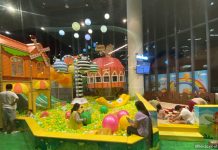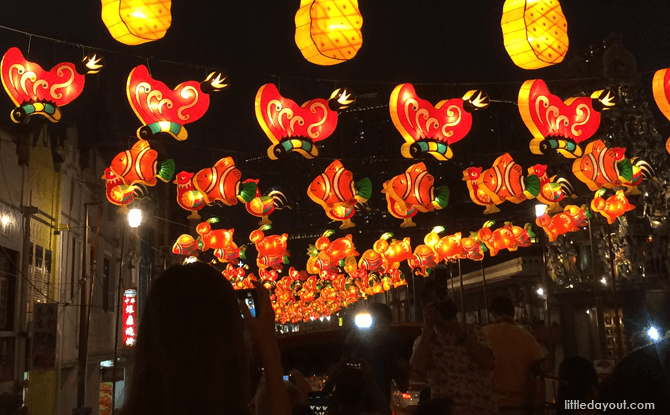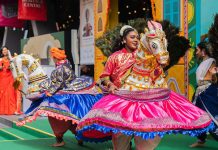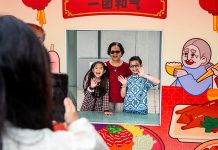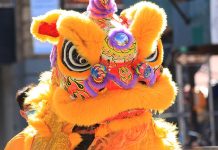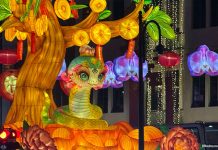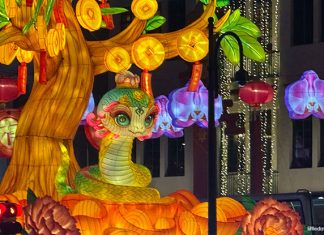Each year, the Mid-Autumn Festival is celebrated by millions around the world. It is a festive time filled with mooncakes, lanterns and gatherings of friends and family. What are the origins of this festival and what are the legends surrounding its festivities? We take a look at some fun and interesting facts about the Mid-Autumn Festival.
When the Mid-Autumn Festival is Celebrated
Held on the 15th day of the 8th month of the Lunar calendar, the Mid-Autumn Festival is celebrated by the Chinese and the Vietnamese.
Historically, the Chinese have celebrated the harvest during the autumn full moon since the Shang dynasty. However, it was only during the early Tang dynasty that the celebration as a festival started to gain popularity.
Origins of the Mid-Autumn Festival
An important part of the festival celebration is moon worship. Offerings are made to Chang’e, a well-known lunar deity who is also known as the Moon Goddess of Immortality.
Legend has it that Chang’e, wife of revered archer Hou Yi, drank an immortality elixir that had been gifted to him after he saved Earth by shooting down 9 of 10 suns. As a result, she levitated to the moon where she has been ever since. In honour of Chang’e, Hou Yi started worshipping the moon with food offerings, which is how moon worshipping during the Festival began.
The Jade Rabbit
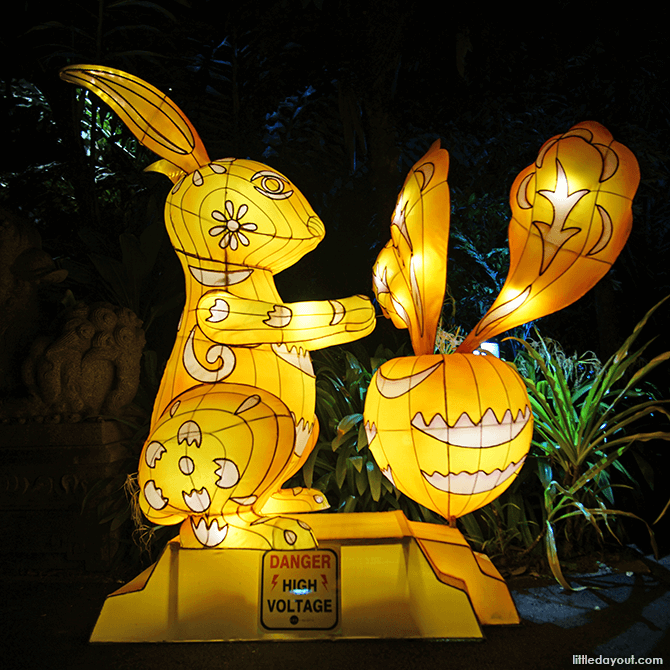
The Tradition of Mooncakes
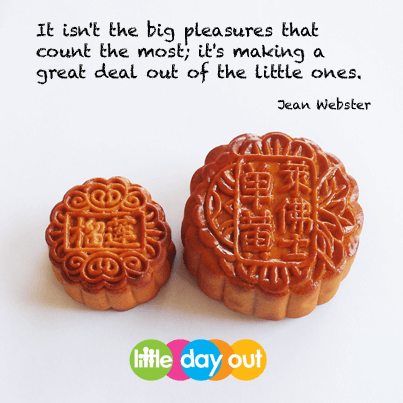
According to folklore, mooncakes were used during the Ming revolution in the Yuan Dynasty to send messages about the revolt that was going to take place. The messages were hidden in mooncakes, which were distributed everywhere on the day we now know as the Mid-Autumn Festival.
To ensure that people received the messages, key military strategist, Liu Bowen, started a rumour of a deadly plague and that the only antidote was to eat – you guessed it – mooncakes.
Lanterns and Other Mid-Autumn Festival Customs
A notable part of modern day Mid-Autumn Festival celebrations is the carrying of brightly lit lanterns, lighting lanterns on towers, or floating sky lanterns.
In Vietnam, children don masks, sing, and participate in night parades, carrying lanterns of various forms, shapes, and colours. Traditionally, the lanterns used to be handcrafted and were of famous historical Vietnamese figures. However, these shadow lanterns have since made way for mass manufactured ones of famous characters, such as Hello Kitty and Pokemon.
Pomelo lanterns are to the Mid-Autumn Festival, what the jack o’lanterns are to Thanksgiving.
Back in the day, children would carve various shapes out of the thick pomelo skin, before placing a candle inside, and then displaying it.
How the Mid-Autumn Festival is Celebrated
The day of the Mid-Autumn Festival is a public holiday in China and Taiwan, while in Hong Kong, the day after the Mid-Autumn Festival is recognised as a public holiday.
The Mid-Autumn Festival is also known as the Children’s Festival in Vietnam. The Mid-Autumn Festival with its emphasis on children came about as a way for parents to make up for lost time with their children after months of hard work, and to celebrate the final rice harvest of the year as a family, under the full moon.
The “crab crawl moon” is an olden day custom of letting loose crabs with small candles on their backs along Tianjin’s coast. On the evening of the Mid-Autumn Festival, people would put small candles or oil twists on crabs’ backs and let them loose in the yard to observe their movements. If most of the crabs released stayed within the courtyard, that symbolised fortune and wealth for the family. However, if the crabs crawled toward or out the gate, it meant that the family would suffer financial loss.



